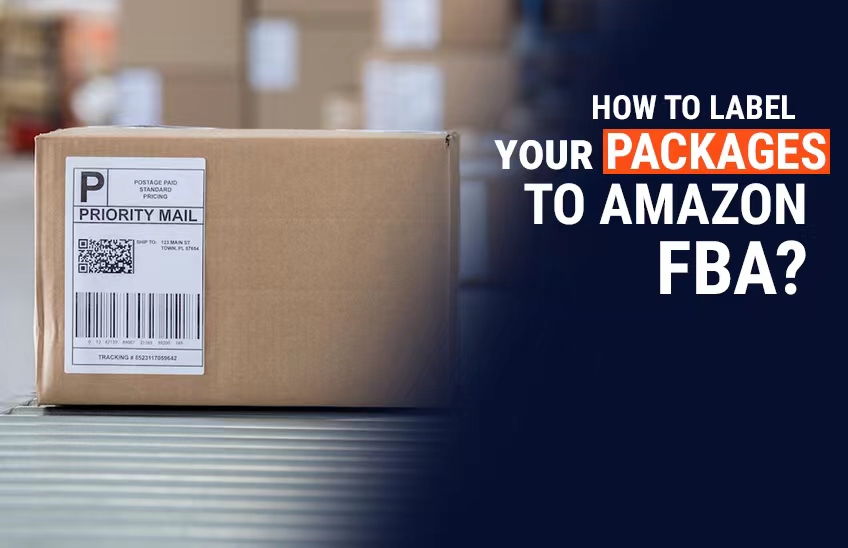- Advantages:No mold or tooling costs
- Advantages:Faster sample production time
- Advantages:Makes sense for generic products
- Advantages:You can normally change materials and colors

Importing private label products from Chinese manufacturers is often seen as a faster and easier way to launch new products. This is sometimes true, but only if done correctly.
A private label product is manufactured by Company A, but with the brand name (e.g. logo) of Company B. In theory, Company A, the manufacturer, provides a ready-made 'product template', to which other buyers can apply their own brands.Other key criteria are that private label products are made using existing tooling, such as injection molds.

Having a product branded is not expensive. The price difference between a private label product and a no-name product is usually very small.
Printing a logo on a product is most often not costing more than $0.2 to $0.4, per piece. In comparison to the added value (assuming you do it right), that is a very good return on investment.
However, the costs depend on many factors, including placement, the number of colors, and logo size. In some cases, suppliers also charge an additional tooling fee (print card cost), ranging between $50 to $200.